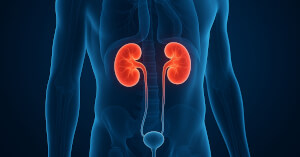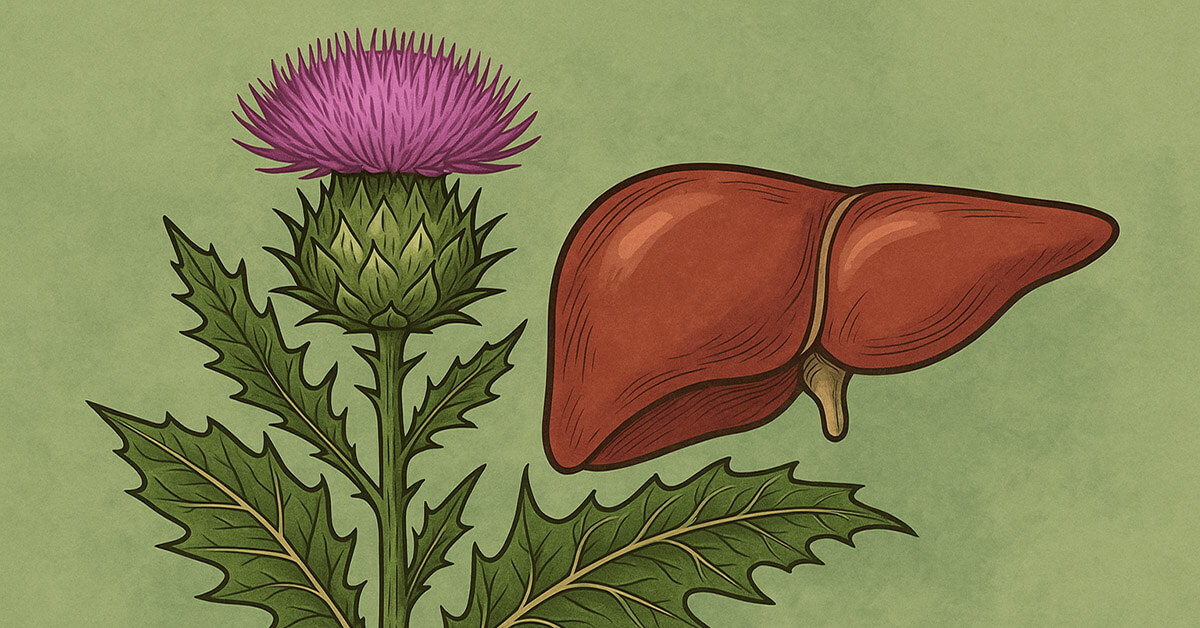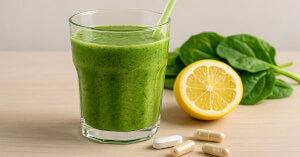
Milk Thistle: The Most Researched Supplement for Liver Protection

Why the World Keeps Studying Milk Thistle
When it comes to natural supplements for liver health, milk thistle has no rival in terms of scientific attention. Researchers have published hundreds of studies on this humble plant, making it the most researched supplement for protecting and supporting the liver.
Why so much interest? The liver is one of the body’s hardest working organs. It processes toxins, metabolizes nutrients, and keeps your energy levels steady. When the liver suffers, your whole body feels it. Milk thistle has attracted researchers because of its potential to shield this vital organ from damage and help it regenerate when under stress.
From Ancient Healers to Modern Science
Milk thistle, also known as Silybum marianum, has been used as a healing herb for more than 2,000 years. Ancient Greek physicians described its benefits for “protecting the bile and liver,” while traditional healers across Europe prescribed it for indigestion and detoxification.
Fast forward to today, and modern science has confirmed that milk thistle contains powerful plant compounds. Chief among them is silymarin, a complex of flavonoids that scientists believe is responsible for most of its protective effects on the liver. This link between traditional use and laboratory research has made milk thistle one of the most trusted natural remedies in modern herbal medicine.
The Secret Weapon Inside: How Silymarin Works
Silymarin acts as the bioactive “engine” of milk thistle. It is a combination of several antioxidant molecules that help protect liver cells in multiple ways.
First, it neutralizes free radicals, the unstable molecules that can damage cell membranes and DNA. By reducing this oxidative stress, silymarin helps preserve the integrity of liver tissue.
Second, it appears to stabilize the outer layer of liver cells, making them more resistant to toxins. Studies also suggest it may encourage the liver to regenerate by stimulating protein synthesis inside the cells.
In simpler terms, silymarin helps the liver do what it does best: process toxins and repair itself.
Inside the Research: What Clinical Studies Reveal
Milk thistle is among the most tested supplements in the world of herbal medicine. More than 700 studies have examined its effects, ranging from animal experiments to large human trials.
Results consistently suggest that milk thistle can reduce markers of liver damage in conditions such as alcoholic liver disease, non-alcoholic fatty liver disease (NAFLD), and even hepatitis. In some cases, patients taking silymarin have shown improved liver enzyme levels, which indicates reduced stress on the liver.
One well-known area of research is its role in protecting the liver from medication or toxin-related injury, such as acetaminophen (paracetamol) overdose or exposure to environmental chemicals. While milk thistle is not a replacement for medical treatment, these studies underline its potential as a supportive therapy.
That said, results are not always uniform. Some trials show strong benefits, while others show only modest or no effects. This inconsistency is one reason researchers are still investigating dosage, formulation, and long-term use.
Why Doctors Still Talk About Milk Thistle
Despite mixed results in some studies, milk thistle remains a topic of discussion among healthcare professionals. Its excellent safety profile and long history of use make it an attractive option for patients seeking complementary support.
Some doctors recommend it as part of a lifestyle plan for people with fatty liver disease, especially when combined with diet changes and exercise. Others see it as a helpful addition for those whose livers are under stress from medications or environmental toxins. Even when the results are modest, the fact that it rarely causes side effects makes it appealing compared to harsher interventions.
Beyond the Liver: Other Promising Paths
Although the liver is its main claim to fame, milk thistle may offer benefits that reach beyond this organ. Research suggests that silymarin could help with blood sugar regulation, potentially supporting people with type 2 diabetes. Other studies hint at cardiovascular benefits, thanks to its antioxidant and cholesterol-lowering effects.
Some researchers are also exploring its potential in cancer therapy, given its cell-protective and anti-inflammatory actions. While this is still very early-stage research, it highlights the broad scientific curiosity milk thistle continues to inspire.
Making It Work for You: Practical Insights
If you are considering milk thistle, the key is to think of it as a supportive ally rather than a miracle cure. People typically choose standardized extracts of silymarin, which ensure consistent quality compared to raw powders or teas.
Most users incorporate it as part of a broader wellness strategy that includes a balanced diet, exercise, and avoiding excess alcohol. Some take it daily for general liver support, while others use it during periods of higher stress on the liver, such as when taking medications known to affect liver function.
The main takeaway: milk thistle is best used as a partner to healthy living, not as a standalone solution.
Final Thoughts: Why Milk Thistle Still Matters
Milk thistle’s reputation is not hype. It has earned its place as the most researched supplement for liver health through centuries of use and decades of scientific inquiry. While it is not a magic bullet, it remains one of the best-supported natural options for protecting and supporting the liver.
If liver health is a priority for you, milk thistle is a supplement worth considering. As always, it is smart to discuss it with a healthcare professional, especially if you are on medications or managing a chronic condition. For many people, this simple herb has become a reliable ally in keeping one of the body’s most important organs in good working order.
FAQs
Why is milk thistle considered the most researched liver supplement?
Milk thistle has been studied in more than 700 clinical and laboratory trials. Researchers are particularly interested in its active compound, silymarin, which shows antioxidant, anti-inflammatory, and liver-regenerating properties.
Does milk thistle really help protect the liver?
Studies suggest milk thistle can reduce markers of liver damage in conditions such as fatty liver disease, alcoholic liver disease, and hepatitis. While it is not a cure, it is widely recognized as a supportive supplement for liver health.
How does silymarin work inside the liver?
Silymarin, the active compound in milk thistle, acts as a strong antioxidant. It helps stabilize liver cell membranes, reduce oxidative stress, and may even stimulate the regeneration of damaged liver cells.
Can doctors recommend milk thistle?
Some healthcare professionals suggest milk thistle as complementary support, especially for patients with liver stress due to fatty liver disease, medications, or toxins. It is usually seen as safe and well tolerated.
Are there benefits of milk thistle beyond liver health?
Yes, research indicates potential effects on blood sugar regulation, cholesterol levels, and antioxidant support. Early studies are also exploring its role in cancer research, though evidence is still preliminary.
This article was originally published on Stackbb, your trusted source for science-based supplement guides.






